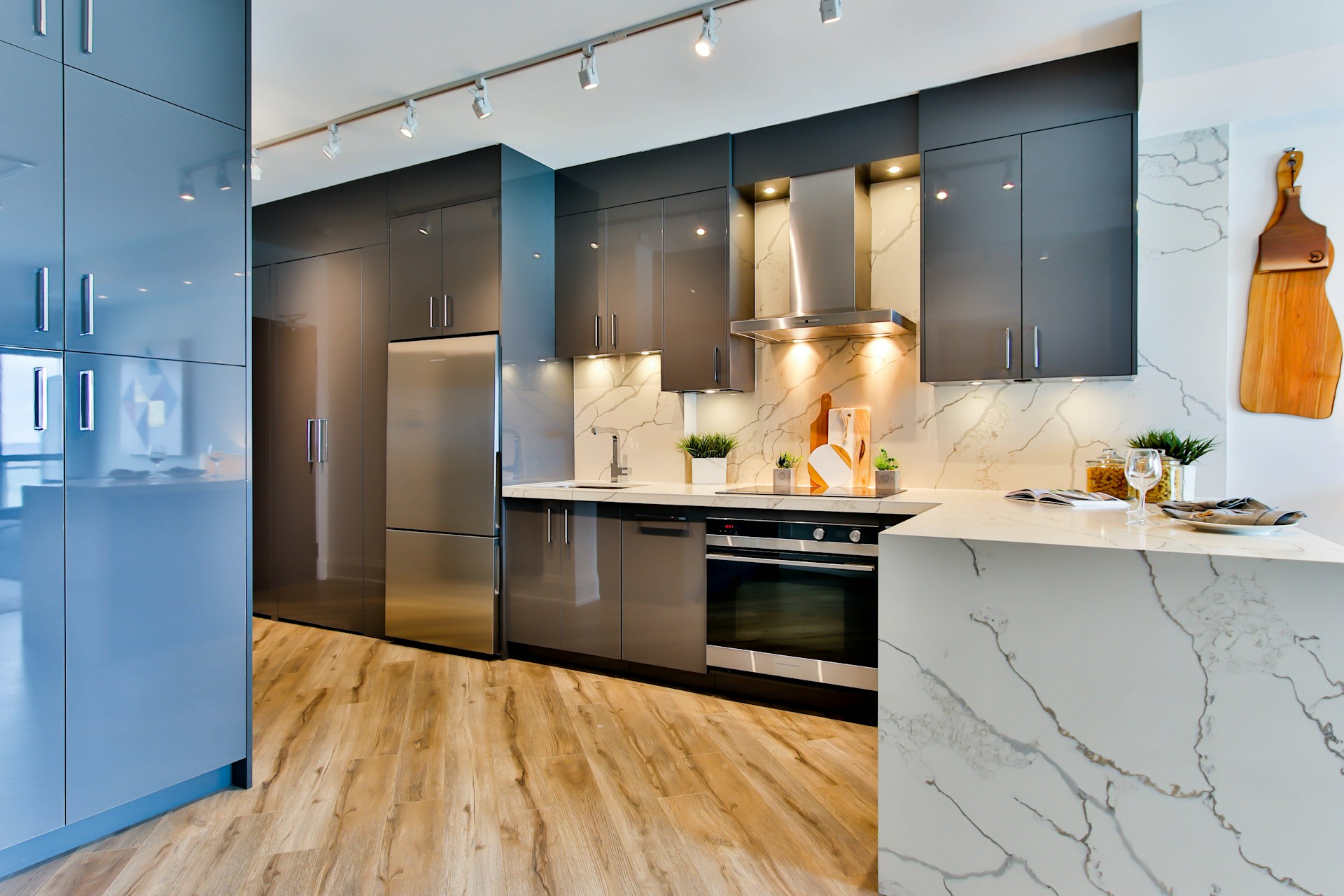Smart Tech Integration for Holistic Well-Being
By Guest | Posted March 12, 2024Photo by Lotus Design N Print on Unsplash
Redefining a healthy home: Smart tech integration for holistic well-being
From wearable sensors to artificial intelligence (AI) assistants for mental health, at-home health and wellness technologies have exploded into the mainstream in the last five years. According to the British Institute of Interior Design, our lifestyles mean we spend more and more time inside, so the effect of buildings on our health is more crucial than ever.
Smart home integration brings a whole new meaning to holistic health. By orchestrating technologies with our health and well-being in mind, we can make life safer, more comfortable and more enjoyable than ever before – for all of us.
Photo by Logan Nolin on Unsplash
Health at home
Cutting-edge tech brings health monitoring right into the home, with even mainstream wearables like Fitbit and Apple Watch offering metrics as sophisticated as oxygen saturation and ECG readings. And at a time when healthcare systems worldwide are under more pressure than ever before, home health and wellness integration has transformative benefits for the individual and the community alike.
Take sleep, for example. When it comes to health at home, proper sleep is one of the most important things we can do for our body and mind – yet according to Mental Health UK, almost one in five people aren’t getting enough of it. Enter smart home technology. Automated light and temperature settings can optimise our environment for a better night’s sleep. For instance, window treatment timers can introduce natural light in the morning and reduce it in the evening, supporting a regular sleep-wake circadian rhythm.
Own your health
But smart home integration can go far beyond raising the blinds in the morning. Its most powerful capabilities come from orchestrating technology across the home to provide an individual with the right environment for their specific needs.
For example, advanced customisation and control, including voice-activated doors, emergency contact systems and automated security could empower more people to age at home. AI-assisted technology can even help track medical appointments, manage prescriptions and simplify daily tasks. With more than one in four people in Europe and North America expected to be aged over 65 by 2050, according to the United Nations, smart homes can offer ageing populations greater independence and provide peace of mind for their loved ones.
Meanwhile, one in seven people in the UK are neurodivergent, according to ADHD Aware. For people who benefit from calming, predictable environments, tailored environmental conditions or pre-set lighting and audio routines can make the home more comfortable. The ability to control home settings from a single interface can make life easier for people with dyslexia, limited literacy skills or executive function difficulties, as well as visual impairments. And a less cluttered home, a greater sense of control and straightforward home management offers psychological benefits for everyone, helping save vital time in the day and reducing decision fatigue.
Getting it right
When it comes to integrating health monitoring and well-being support in the home, collaborating with the right professionals at the earliest opportunity is key. A future-proof, secure, integrated and flexible tech solution is possible with Control4, a leading provider of smart living solutions.
Done right, the result can be transformative. By promoting mental and physical well-being, smart home integration can dramatically improve a person’s lifestyle. As further technological capabilities and more sophisticated integration continue to evolve, smart living could not only contribute to an easier life, but maybe even a longer one.

